Federal judge blocks US trading ban on Xiaomi
Stock price jumps after judge blocks restrictions on Chinese phone maker
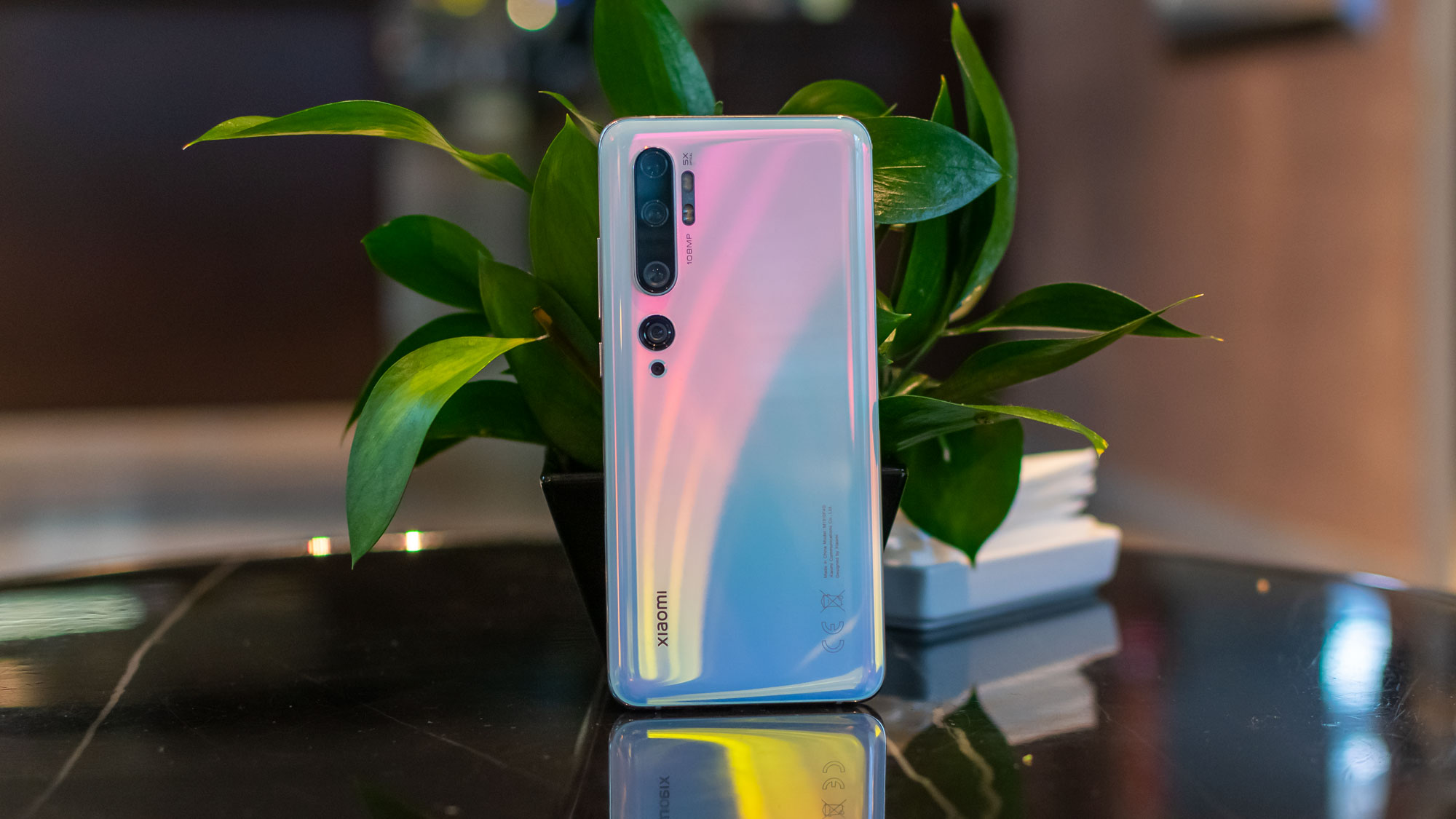
Xiaomi is China’s largest smartphone company, and with its roster of competitively priced smartphones, it overtook Apple last year as the world’s third-largest phone manufacturer. But a ban enacted late in the Trump administration was about to block all American investment in the Chinese smartphone giant.
Now a US federal judge has blocked that ban, paving the way for domestic companies to continue investing in Xiaomi. As a result, the company’s stock price spiked by at least 10% Monday.
In early January, in the final month of the Trump administration, the US Department of Defense put Xiaomi on a list of “Communist Chinese military companies,” also known as CCMC — companies that reportedly have links to the Chinese military.
That designation triggered restrictions that were to go into effect next week. American investors and companies would no longer be allowed to trade shares of Xiaomi.
However, US District Judge Rudolph Contreras issued an injunction over the weekend, temporarily stopping Xiaomi’s inclusion on the CCMC list.
Siding with Xiaomi in a lawsuit, the judge wrote that the Defense Department’s move was “arbitrary and capricious” and deprived the company of its due process rights. He also noted Xiaomi was likely to suffer “irreparable harm” without the injunction.
Contreras noted that since the CCMC designation, Xiaomi’s stock price dropped nearly 10%, it lost contracts worldwide, and major banks suspended its stock trading.
Get the ITPro daily newsletter
Sign up today and you will receive a free copy of our Future Focus 2025 report - the leading guidance on AI, cybersecurity and other IT challenges as per 700+ senior executives
Although the judge’s injunction is temporary, he added that Xiaomi was likely to win a full reversal of the ban, as its lawsuit against the Defense Department continues to be litigated in court.
Contreras wrote that the Defense Department’s decision against Xiaomi was on “shaky ground” and that he was “skeptical that weighty national security interests are actually implicated here.”
-
 Bigger salaries, more burnout: Is the CISO role in crisis?
Bigger salaries, more burnout: Is the CISO role in crisis?In-depth CISOs are more stressed than ever before – but why is this and what can be done?
By Kate O'Flaherty Published
-
 Cheap cyber crime kits can be bought on the dark web for less than $25
Cheap cyber crime kits can be bought on the dark web for less than $25News Research from NordVPN shows phishing kits are now widely available on the dark web and via messaging apps like Telegram, and are often selling for less than $25.
By Emma Woollacott Published
-
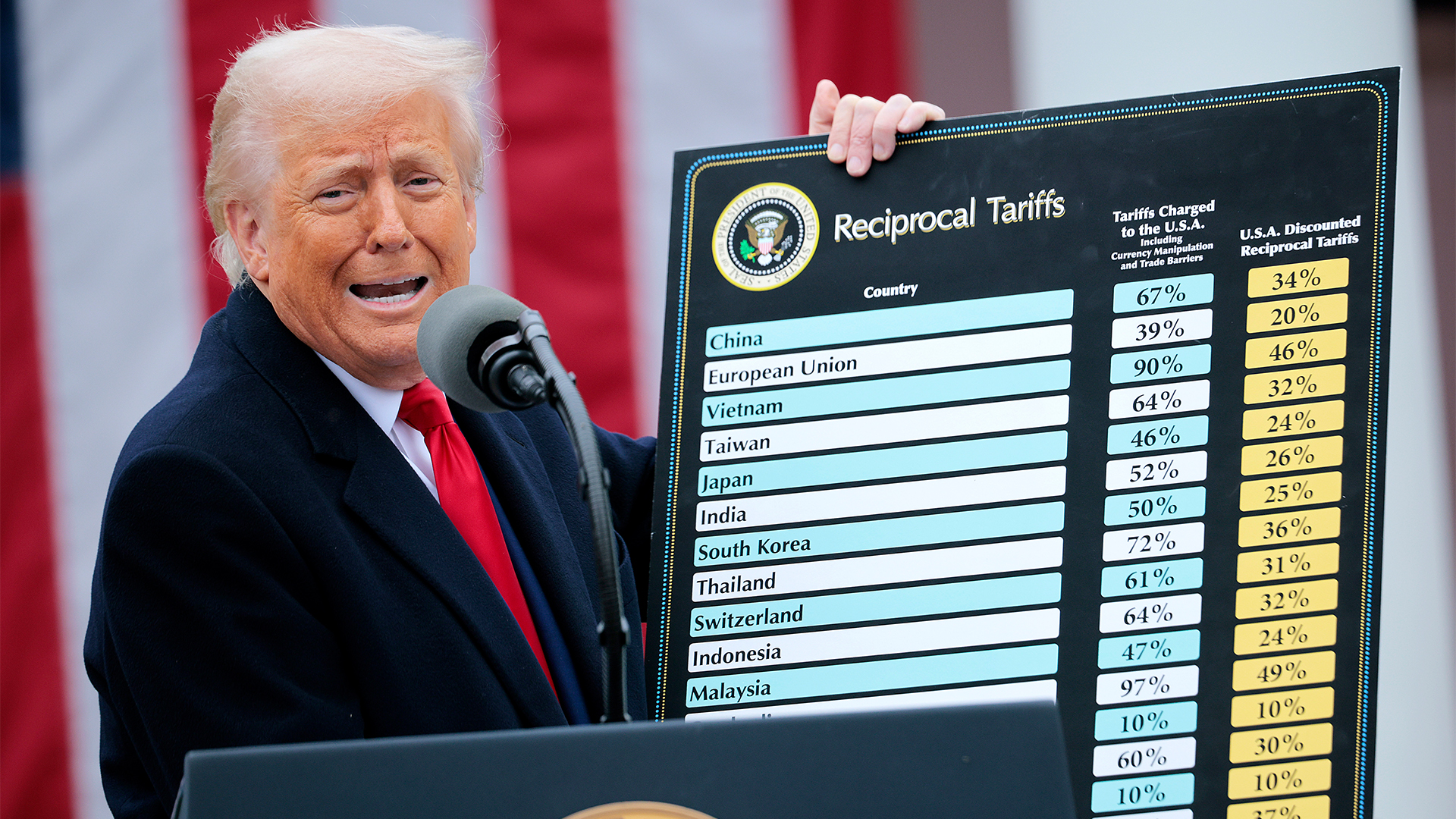 IDC warns US tariffs will impact tech sector spending
IDC warns US tariffs will impact tech sector spendingNews IDC has warned that the US government's sweeping tariffs could cut global IT spending in half over the next six months.
By Bobby Hellard Published
-
 US government urged to overhaul outdated technology
US government urged to overhaul outdated technologyNews A review from the US Government Accountability Office (GAO) has found legacy technology and outdated IT systems are negatively impacting efficiency.
By George Fitzmaurice Published
-
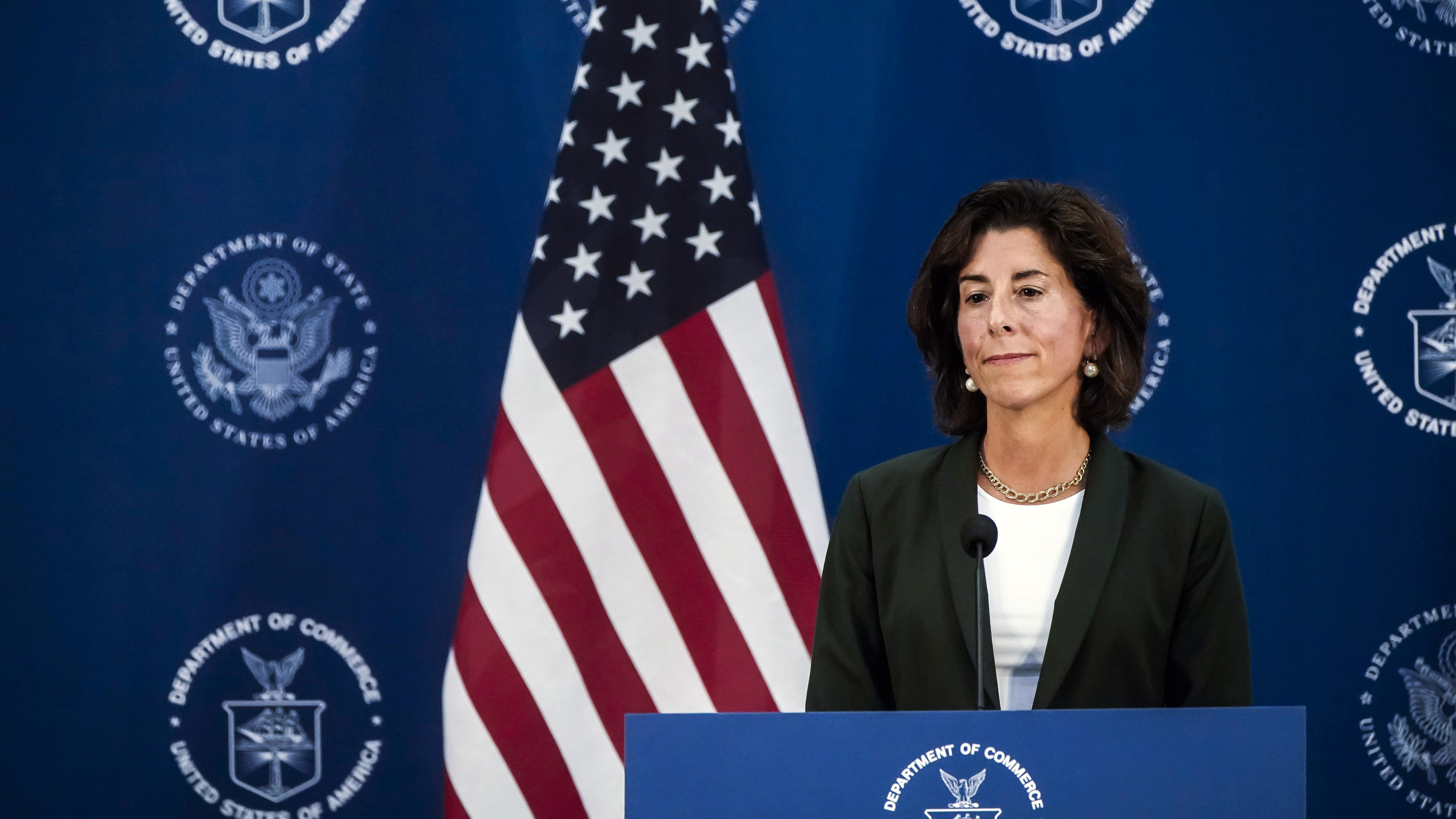 US proposes new ‘know-your-customer’ restrictions on cloud providers
US proposes new ‘know-your-customer’ restrictions on cloud providersNews The US aims to stifle Chinese AI competition with new restrictions on cloud providers to verify foreign data center users
By Solomon Klappholz Published
-
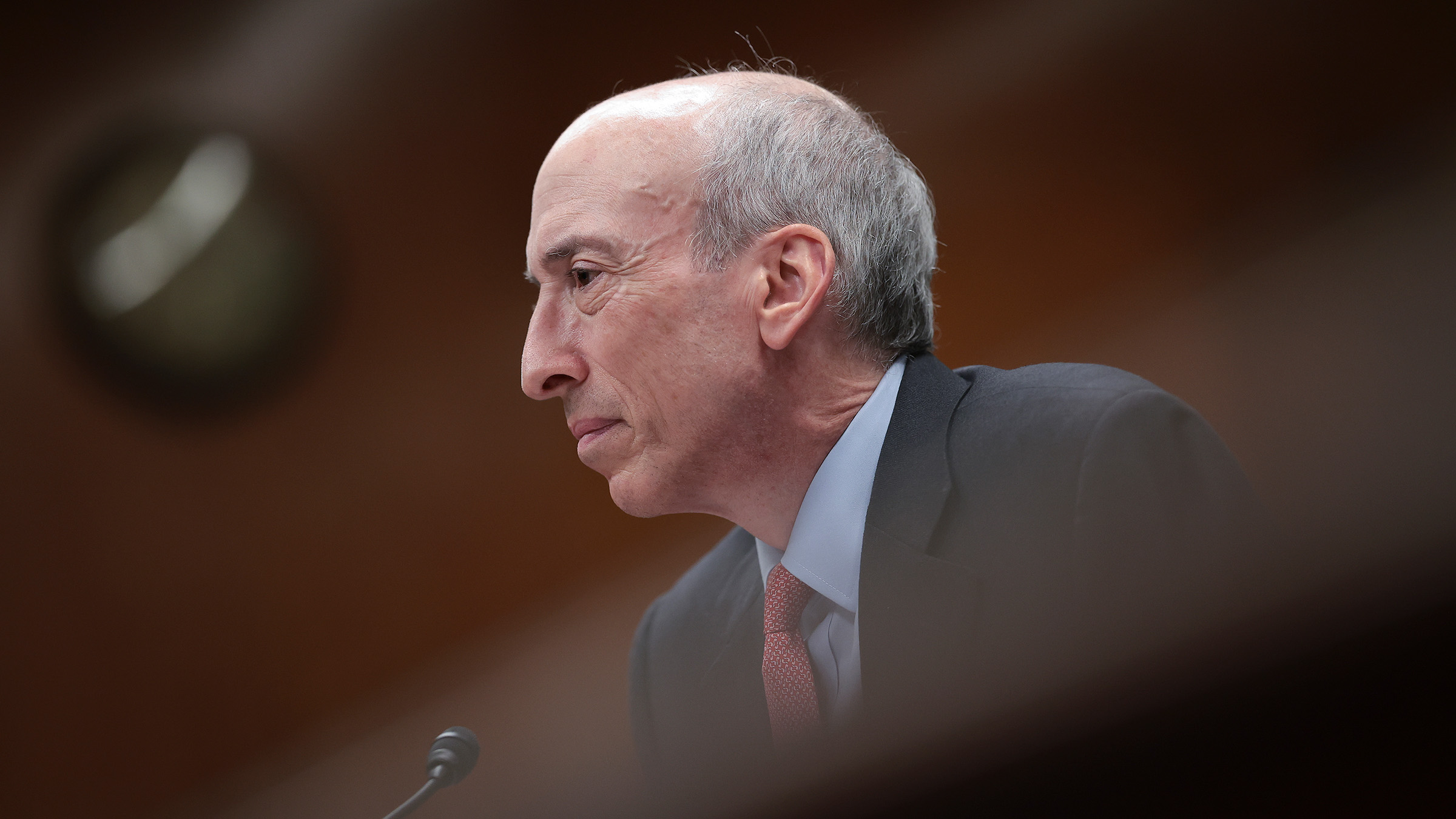 SEC passes rules compelling US public companies to report data breaches within four days
SEC passes rules compelling US public companies to report data breaches within four daysNews Foreign entities trading publicly in the US will also be held to comparative standards
By Rory Bathgate Published
-
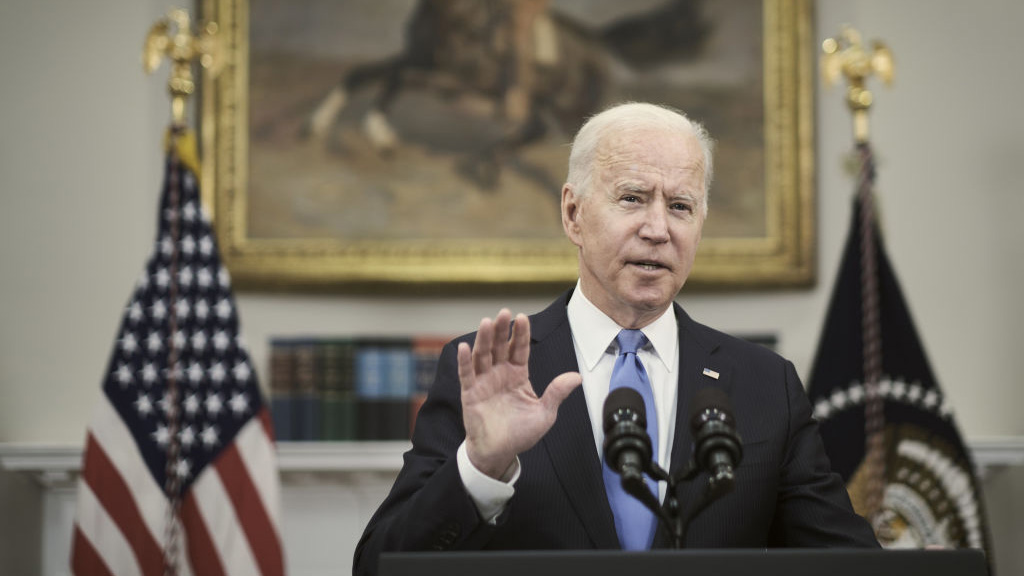 US says National Cybersecurity Strategy will focus on market resilience and private partnerships
US says National Cybersecurity Strategy will focus on market resilience and private partnershipsNews The recently announced implementation plans alow for more aggressive action against ransomware gangs
By Rory Bathgate Published
-
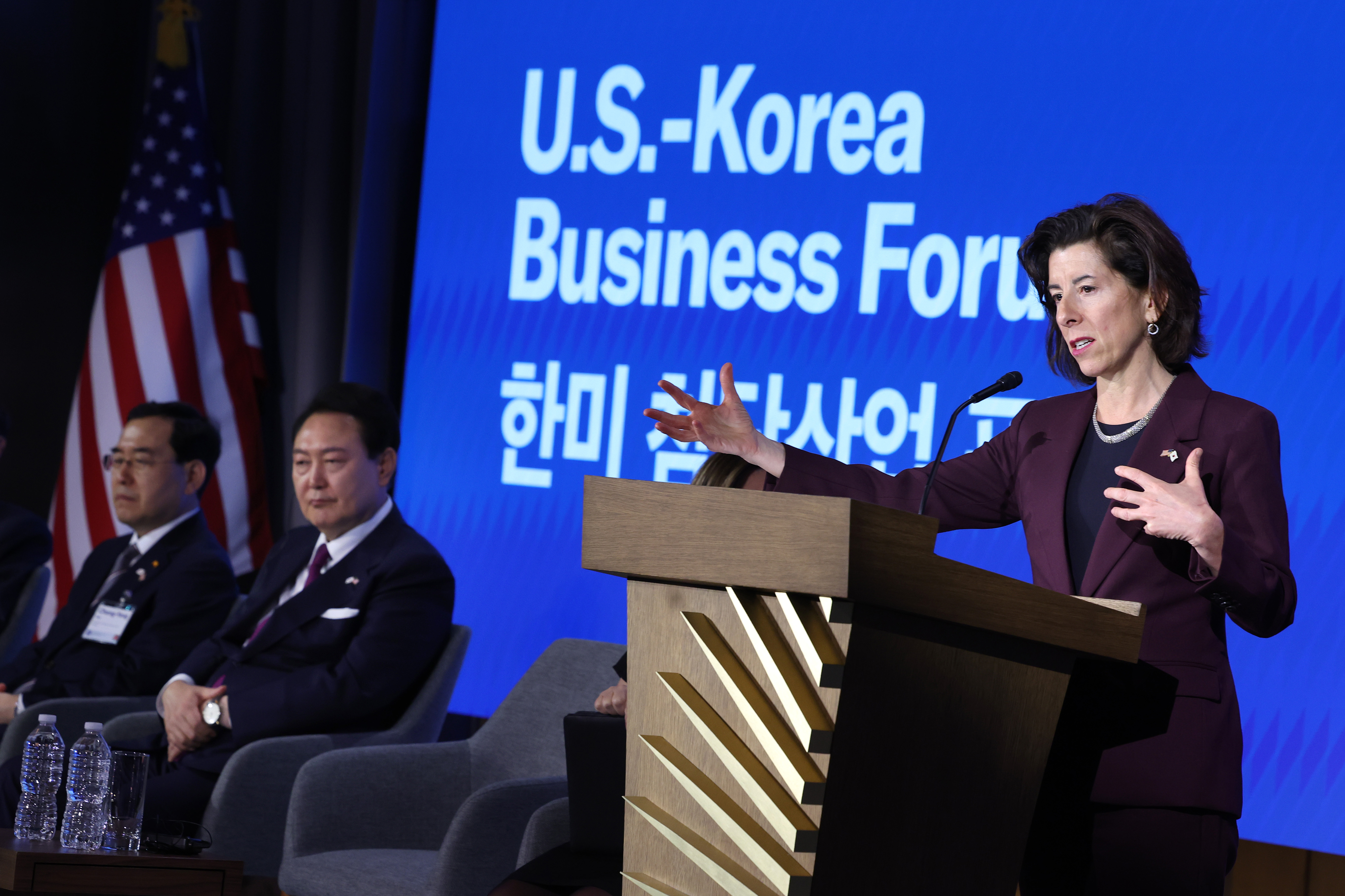 US ‘Tech Hubs’ drive aims to boost innovation in American heartlands
US ‘Tech Hubs’ drive aims to boost innovation in American heartlandsNews The development of the hubs will could help drive regional innovation and support for tech companies
By Ross Kelly Published
-
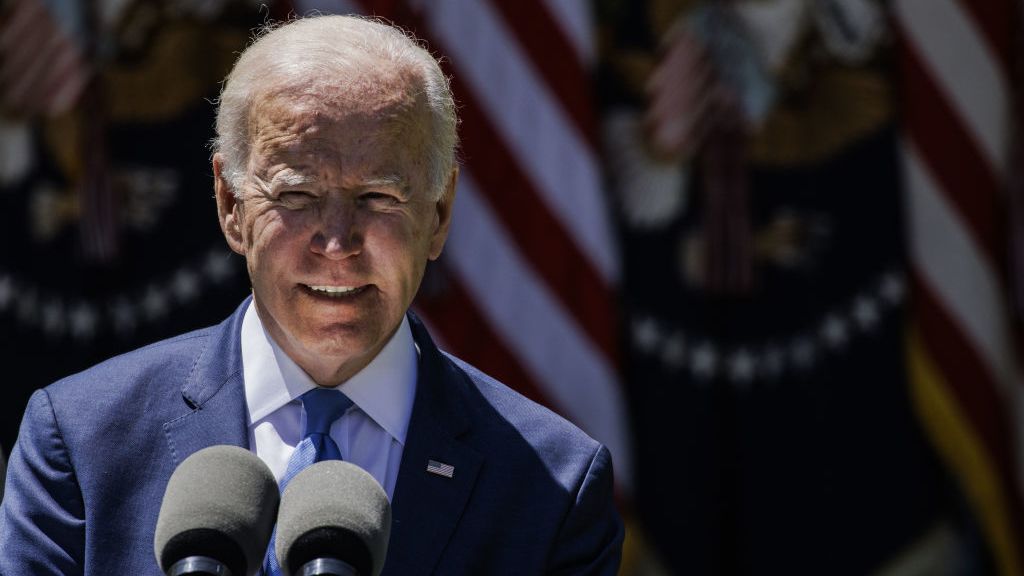 Biden sets June deadline for $42 billion broadband funding outline
Biden sets June deadline for $42 billion broadband funding outlineNews The announced deadline come prior to a much-awaited update to the FCC's US broadband map, giving a clearer image of the internet challenges facing the nation
By Rory Bathgate Published
-
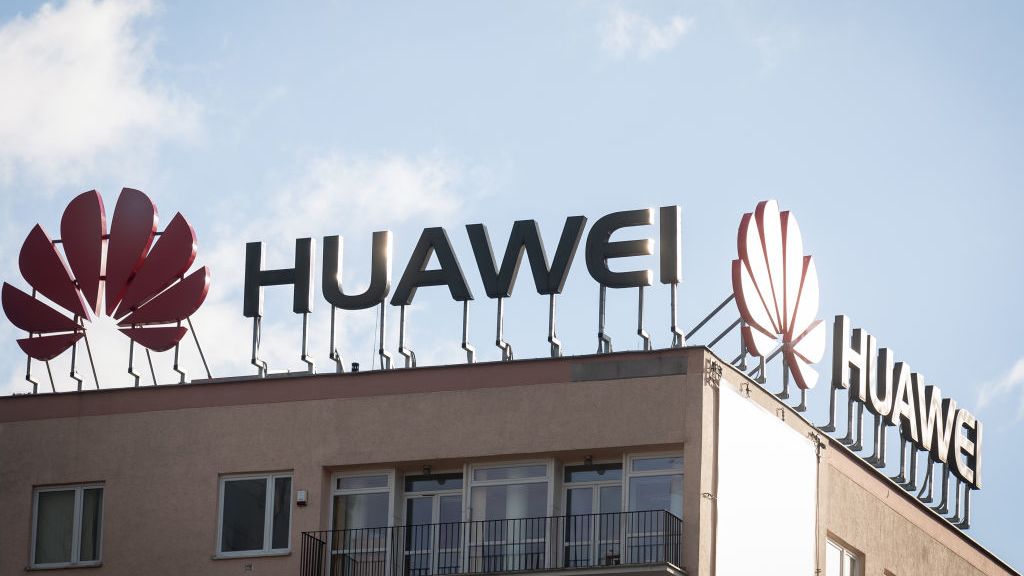 FCC eyes formal ban of all Huawei, ZTE equipment sales
FCC eyes formal ban of all Huawei, ZTE equipment salesNews Approaching the deadline to pass such a ruling, companies such as Kaspersky face similar restrictions
By Rory Bathgate Published